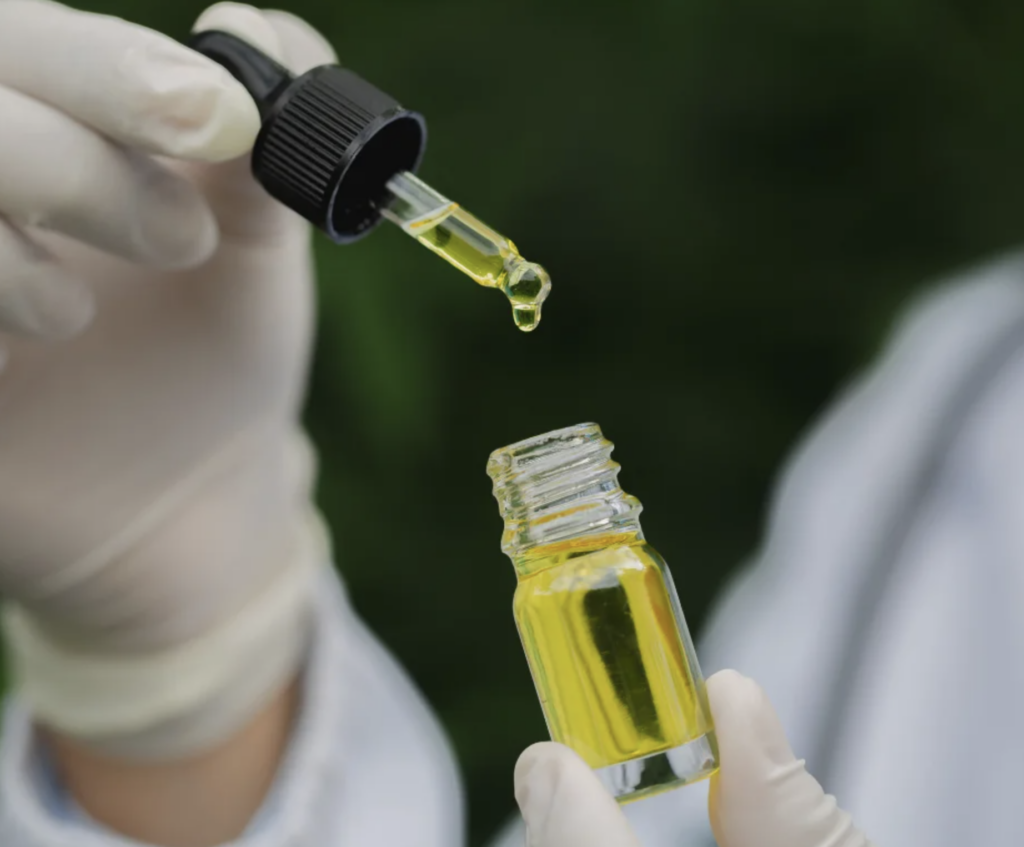
Medical cannabis is helping thousands of cannabis patients around the world. Cannabinoid therapies are helping people with everything, it seems, from getting a good night’s sleep and feeling less stressed throughout the day to alleviating chronic pain, decreasing inflammation, and much more. In previous articles, we have looked at how cannabis can help with conditions and ailments such as ulcerative colitis, fatigue, inflammatory bowel disease, migraines, Crohn’s disease, arthritis, epilepsy, ADHD, PTSD, and sickle cell anemia. In this article, we will be taking a closer look at how medical cannabis therapies may help patients with multiple sclerosis.
What is Multiple Sclerosis?
Multiple sclerosis is an autoimmune disease caused by nerve damage disrupting communications between the body and the brain. The onset of multiple sclerosis is most prevalent between the ages of 20 and 50 years old, with women being three times more likely to be diagnosed. Multiple sclerosis affects individuals from all ethnic groups, but the highest prevalence is among Caucasians of northern European descent. According to the National Multiple Sclerosis Society, it is estimated that more than 2.3 million people globally live with multiple sclerosis, with nearly half of them residing in the United States.
What are the Symptoms of Multiple Sclerosis?
The symptoms experienced by individual multiple sclerosis patients may drastically vary. However, there are several symptoms that are commonly experienced by all MS patients. These include but are not limited to the following.
- Bladder and/or Bowel Issues
- Double Vision
- Extreme Fatigue
- Complications Balancing
- Numbness and Tingling in the Face, Arms, and Legs
- Pain
- Problems with Concentration
- Vertigo
- Weakness
Less commonly, MS patients may experience blindness, seizures, difficulty swallowing, nausea, tremors, hearing loss, breathing problems, and other severe symptoms.
What are the Current Treatments for Multiple Sclerosis?
According to a 2008 study, roughly 80% of multiple sclerosis patients were diagnosed initially when a relapsing form of the disease presented itself through exacerbations. If a high level of these exacerbations occurs during the first year after diagnosis, it is commonly a sign of worse outcomes. Relapses in multiple sclerosis are a result of the occurrence of new white matter lesions on the brain. Primary treatments of exacerbations have been aimed at shortening the duration of the attack allowing for a fuller recovery.
This is typically done through anti-inflammatory agents such as adrenocorticotropic hormone ACTH and steroids. These medications are meant to counteract and prevent inflammation which is the underlying issue that fuels many of the symptoms experienced by multiple sclerosis patients. In addition to anti-inflammatory agents, MS patients will also typically receive a prescription for pain-relieving pharmaceuticals; however, alternative therapies such as acupuncture, massage therapy, daily physical exercise, and chiropractic care are also commonly recommended and implored.
Is Cannabis an Effective Treatment for Multiple Sclerosis?
In addition to these holistic therapies, many multiple sclerosis patients are also embracing medical cannabis therapies. According to a study published in 2017 in the Complementary Therapies in Medicine Journal, it’s estimated that roughly 40% of multiple sclerosis patients utilized medical cannabis. With a quick Google search, you can find many anecdotal stories surrounding the effectiveness of cannabis in treating many of the common symptoms associated with MS. The research we have surrounding cannabinoid therapies and the treatment of MS is also quite promising. Let’s take a look at what the research has shown regarding multiple sclerosis and medical cannabis.

What Does Research Say About Cannabis for Multiple Sclerosis?
In a placebo-controlled study published in the European Journal of Neurology in 2011, the majority of participants experienced improvements in spasticity when receiving a cannabis extract in comparison to those that received a placebo.
A 2012 study published in the Journal of Neurology, Neurosurgery, And Psychiatry authored by neurologist Dr. John Peter Zajicek echoes the same results. This study concluded that MS patients utilizing a cannabis extract reported receiving double the relief in muscle stiffness and also reported a decrease in overall body aches and increased sleep quality in comparison to patients that did not receive a medical cannabis extract.
Inflammation is at the core of many conditions and the root of many diseases and ailments. In the case of multiple sclerosis, this is also true. As you learned above, one of the treatments for MS is anti-inflammatory medications.
The Anti-Inflammatory Properties of Cannabis are Highly Beneficial for MS Patients
When it comes to cannabis, the anti-inflammatory compounds are numerous. Of the over 100 cannabinoids that have been identified in cannabis, Delta-9-tetrahydrocannabinol (THC), cannabidiol (CBD), and Cannabigerol (CBG) have all been shown through research to offer potent anti-inflammatory properties. Through both in vitro and in vivo, CBD has demonstrated its ability to exert anti-inflammatory activities in numerous inflammatory-related degenerative diseases.
Studies focusing on the anti-inflammatory properties of CBG when utilized topically on human skin cells in vitro have shown that CBG offers more potent anti-inflammatory properties than vitamin c. Additionally, CBG has demonstrated its ability to offer neuroprotective properties against inflammation by reducing the levels of pro-inflammatory cytokines as well as an ability to inhibit apoptosis in macrophages.
According to Frontiers in Pharmacology, there have been several experiments that suggest that THC has anti-inflammatory effects. A 2013 study concluded that THC offered protection against diclofenac-induced gastric inflammation, gastric ulcers in male mice, and hemorrhagic streaks and protected against tissue damage “without common cannabinoid side effects.”
It is thought, however, that these compounds work better together than on their own. This is a theory often known as the entourage effect, which suggests that there is a synergistic effect of cannabinoids working together in combination with other phytonutrients such as terpenes to produce maximum effectiveness. This is something that has also been concluded within various research studies.
What Medical Cannabis Products are Best for MS?
When it comes to what medical cannabis products are the best for MS patients, it all depends on what works for that patients. For some, utilizing cannabis oils such as RSO, FECO, or a cannabis tincture daily may provide efficient relief. For others, a combination of vaping for immediate relief, consuming edibles with prolonged effects, and applying topical products may be required to find relief. It all depends on the specific patient. Two things are certain though when it comes to multiple sclerosis and cannabis. One, the options for treatment are abundant, and both anecdotal stories and research support the effectiveness of medical cannabis in treating multiple sclerosis. Thankfully, in many states that have opted to legalize medical cannabis, MS is considered a qualifying condition. If you live with MS and want to explore the option of medical cannabis, make an appointment to receive your medical cannabis doctor recommendation today!
Disclaimer: The information, including but not limited to, text, graphics, images and other material contained in this article is for informational purposes only. No material from this article is intended to be a substitute for professional medical advice, diagnosis, or treatment. Always seek the advice of your physician or other qualified health care provider with any questions you may have regarding a medical condition or treatment before undertaking a new health care regimen. Never disregard professional medical advice or delay in seeking it because of something you have read on this website.
